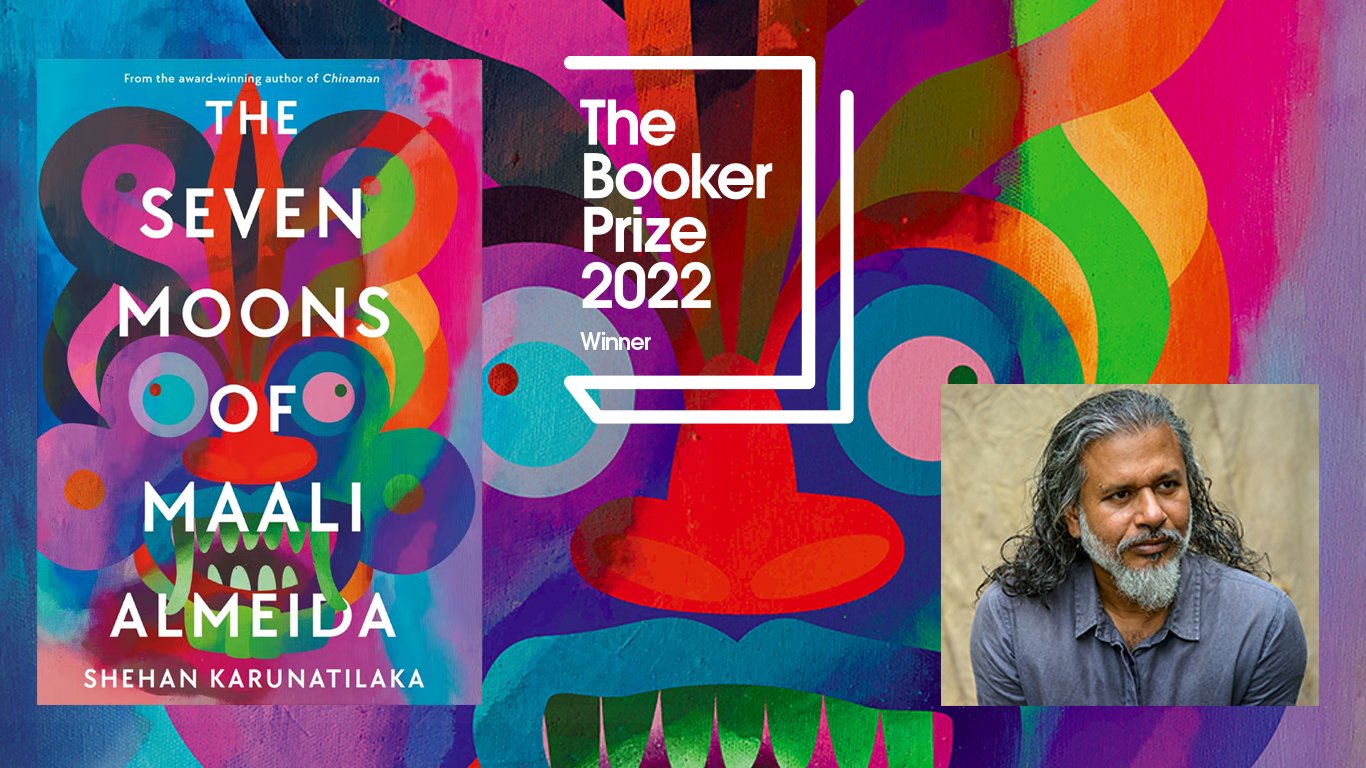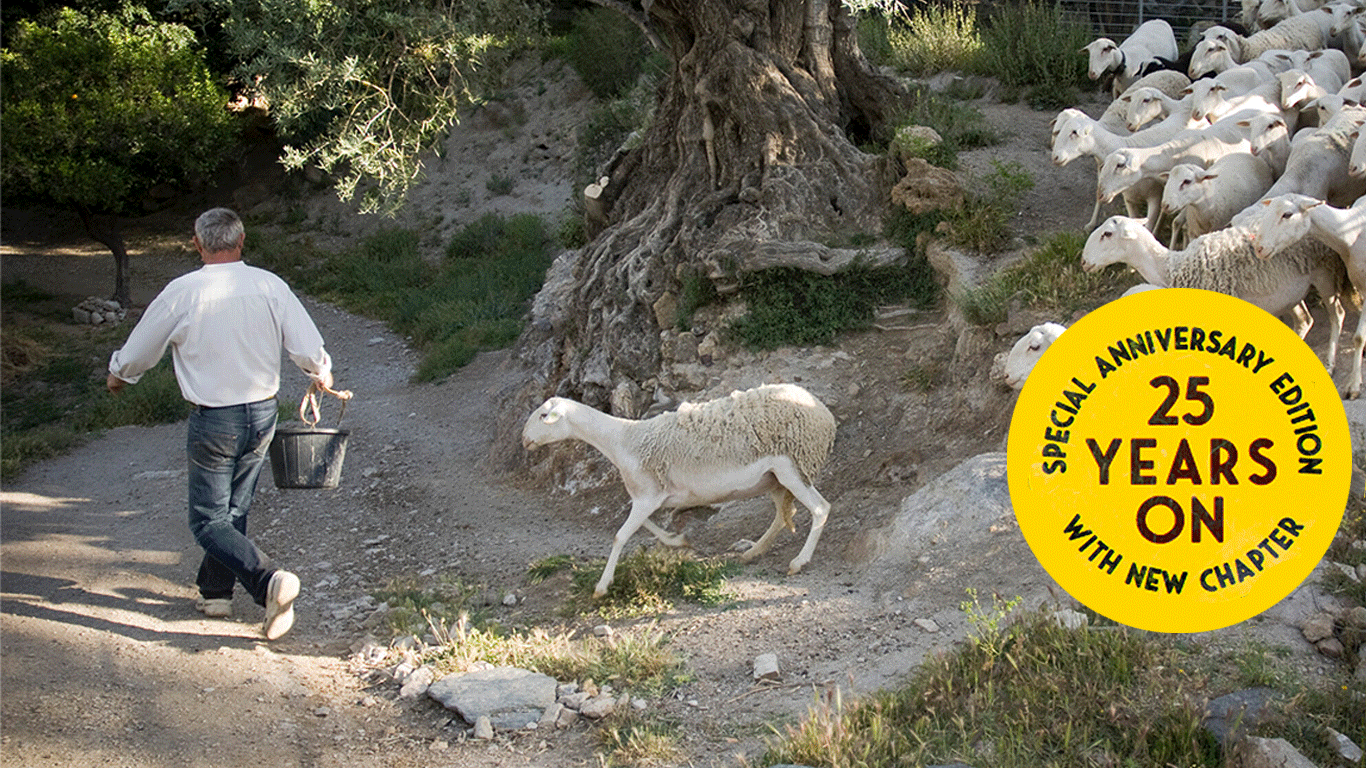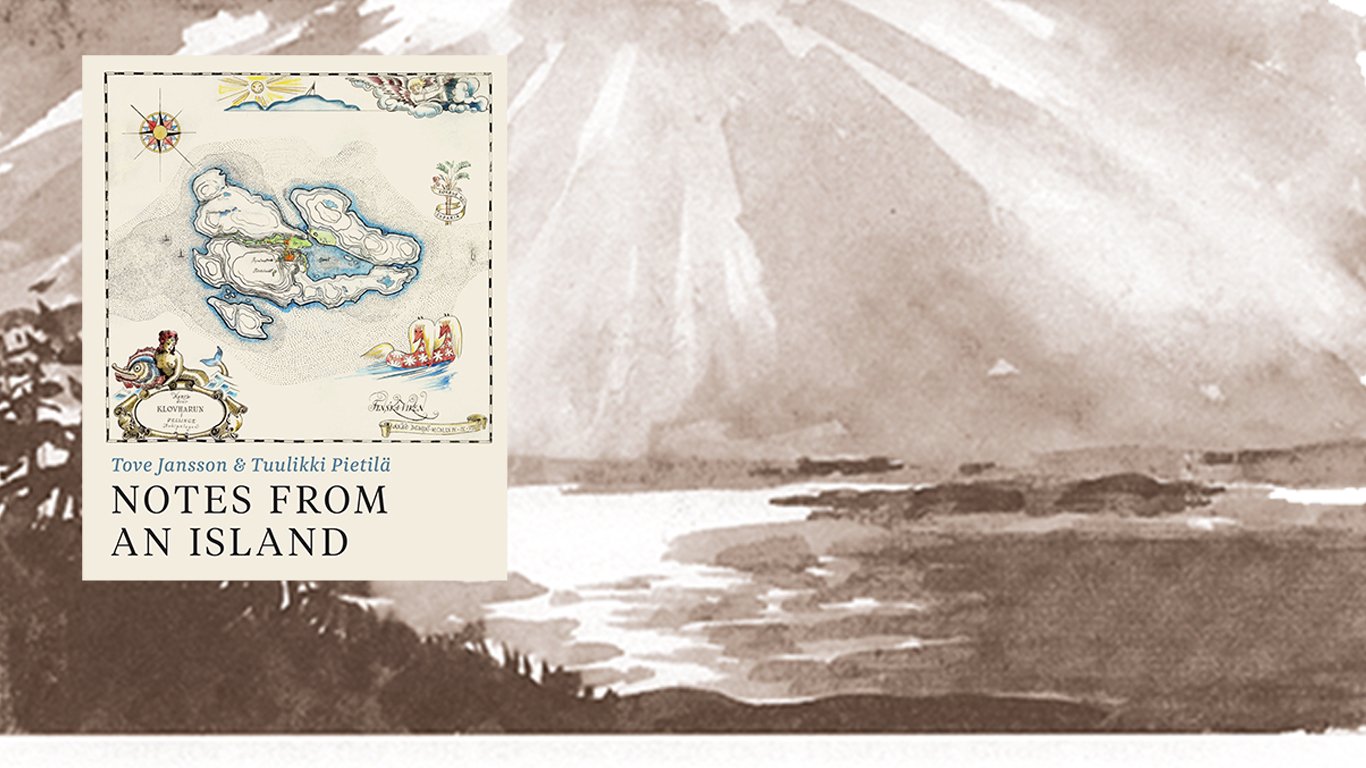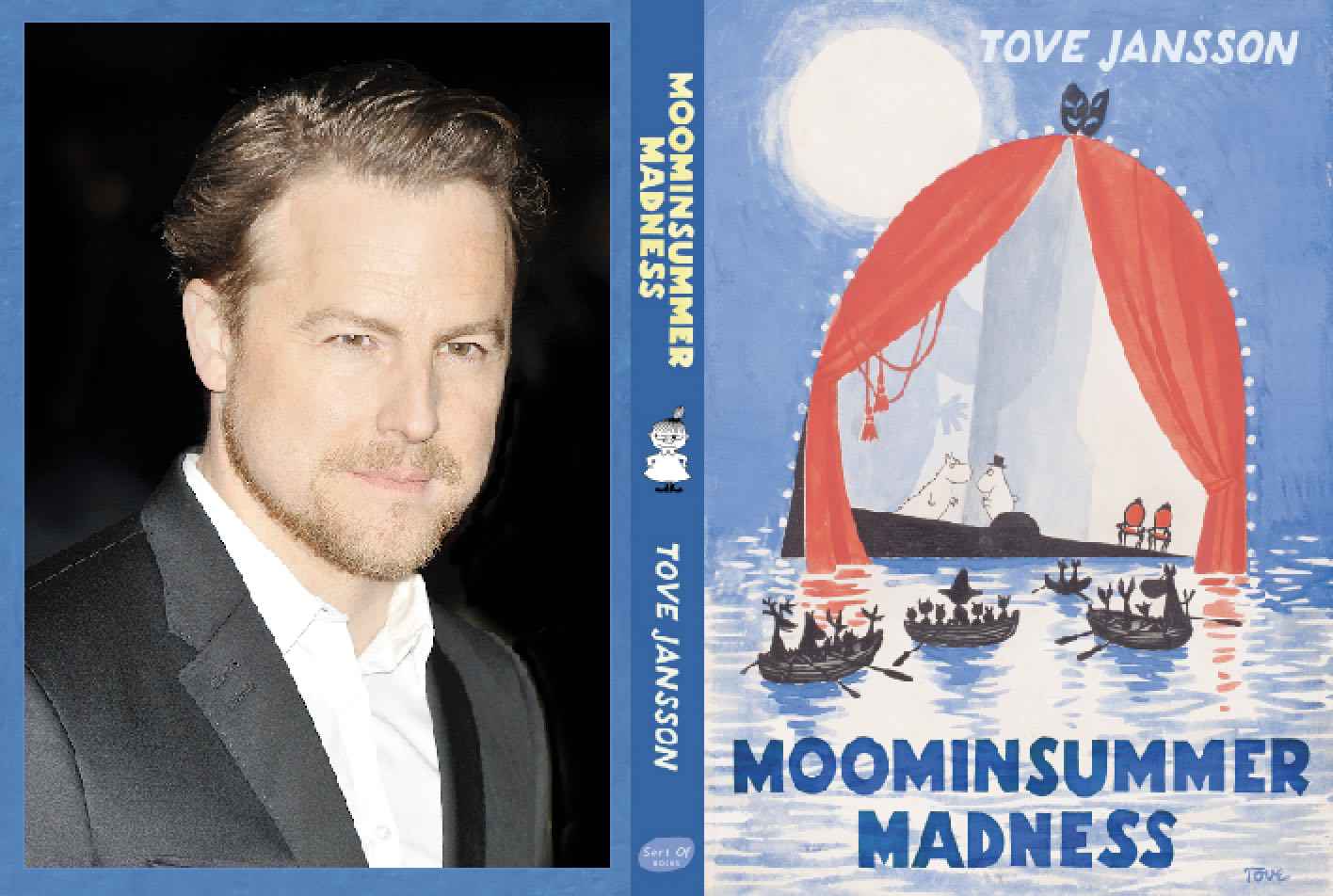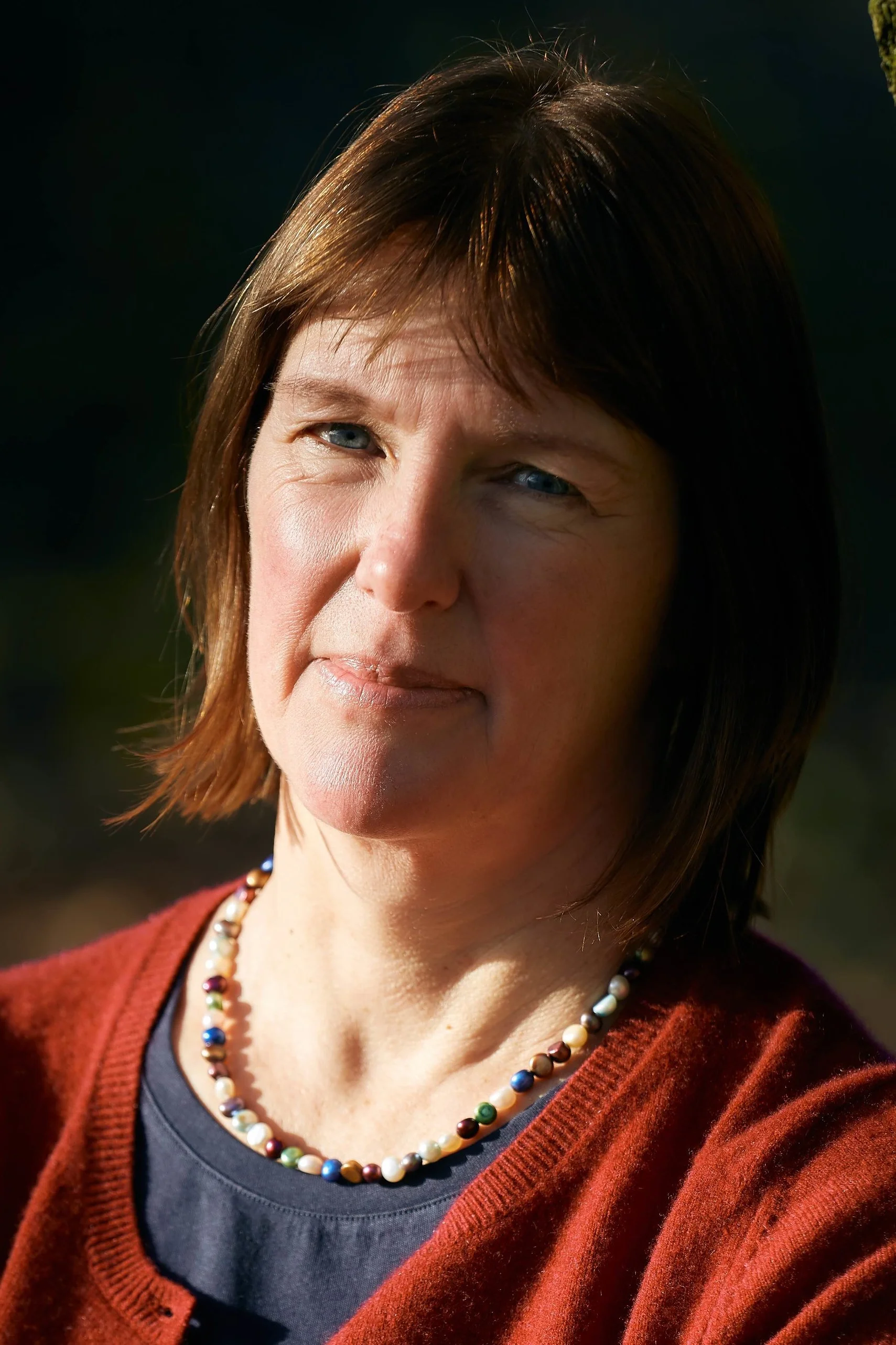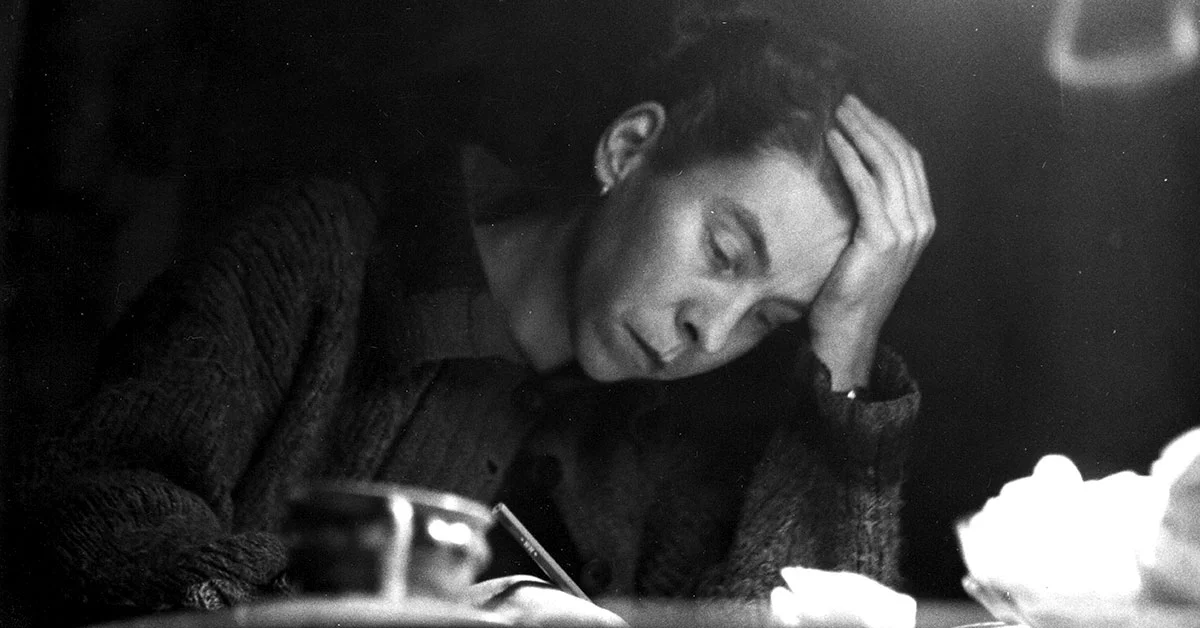Actor/director Samuel West on Tove Jansson’s most Theatrical Title
/“This beautiful new edition puts Jansson’s Comedy of Errors where it belongs: centre stage”
Actor/Director Samuel West on the theatrical imagination behind Tove Jansson’s glorious midsummer title
It’s the World Cup. As I write, on Midsummer Night, Sweden are 1-0 up against the champions Germany. A time of heady excitement if you’re Scandinavian, although underneath lies the fear of last-minute disappointment. This is why we trust Tove Jansson; she shows us joy, tinged always with possible sadness.
Jansson was a lover of the theatre (and the lover of a theatre director, Vivica Bandler, to whom Moominsummer Madness is dedicated). She knew her theatrical onions: I learned the superstition about not whistling on stage from Emma the Stage Manager Rat long before I learned it from following my parents around the theatres of Europe.
Inspired by the magical traditions of Scandinavian midsummer, this has always seemed to me the strangest of the Moomin books, a true midsummer night’s dream. Published the same year as the Moomin comic strips began and sharing their episodic oddness, there’s a decidedly trippy vibe about proceedings. The Moomin family take refuge from a great flood in a floating theatre, and are changed and inspired by their surroundings – at first disappointed that nothing is real, but later realising the freedom this gives them to be heroic and silly and different. When the floating theatre runs aground, Jansson breaks the fourth wall and releases her theatrical imagination out into the world: Snufkin’s showdown with the Park Keeper, in which he sows Hattifattener seed and harvests them like mushrooms, is a brilliantly designed set piece. (This is the book in which Jansson lets her anarchy rip; the bonfire of signs forbidding things still inspires me, and has led to rows with my partner. When I see a notice saying I can’t do something, I get very Team Snufkin).
Like a world-in-negative Moominland Midwinter, with its frozen ground and hard emotion, here all is soft and wet and free. The Swedish title is Farlig Midsommar, “Dangerous Midsummer”, but in fact the disasters (an earthquake, a great flood, being lost and separated) are just opportunities to grow and be brave. The real danger here is emotional: the young cast dare each other to stay up all night and be changed, like Bergman’s Smiles of a Summer Night of the following year.
“All ends happily of course”, Tove wrote to a friend. We meet the shadows and illusions and they become our friends. The theatre is a place to dream in public; at the heart of this book lies its transformative power to welcome and heal, to thrill and transform.
Moominsummer Madness sits happily in the middle of the Moomin canon. A book for everyone and their parents, this beautiful new edition puts Jansson’s comedy of errors where it belongs: centre stage.

